Articles
Author: H. H. Pope Shenouda III.
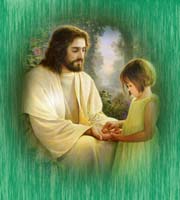 INTRODUCTION
INTRODUCTION
Many write for adults and few are those who write for children. Also, many occupy themselves talking with adults, but rare are those who love to talk to children. So, sometimes children feel they are not the core of attention and respect of adults, and accordingly they try to draw their attention by many ways, perhaps by outcry or stubbornness or (naughtiness).
In this book, we need to talk about the child, his mentality and how to relate to him and gain his love, and to serve him spiritually, socially and culturally. Because the child is the first cell of the society and the church, if we gain him, we win an entire generation, and if we lose him we lose the future of the generation we live in, and consequent loss of the other generations.
I personally love children and love to joke, play, talk and make friends with them. In childhood I find innocence, truth and openness, as well as the quick response which we lack in adults. This book is not the outcome of a study of books of psychology and education, but the result of personal experiences with the
A Friend For Eternity...
 This is the story of a famous leader named Joshua who had 80 disciples. All of them became good leaders.
This is the story of a famous leader named Joshua who had 80 disciples. All of them became good leaders.
One day, Joshua lifted up his heart and asked God what He had prepared for him in eternity. In a dream, Joshua heard a voice telling him, "You and Neres will be with me in Paradise and both of you will receive the same reward."
Joshua woke up upset, wondering how he could dedicate his whole life to the ministry of God and still get the same reward as a
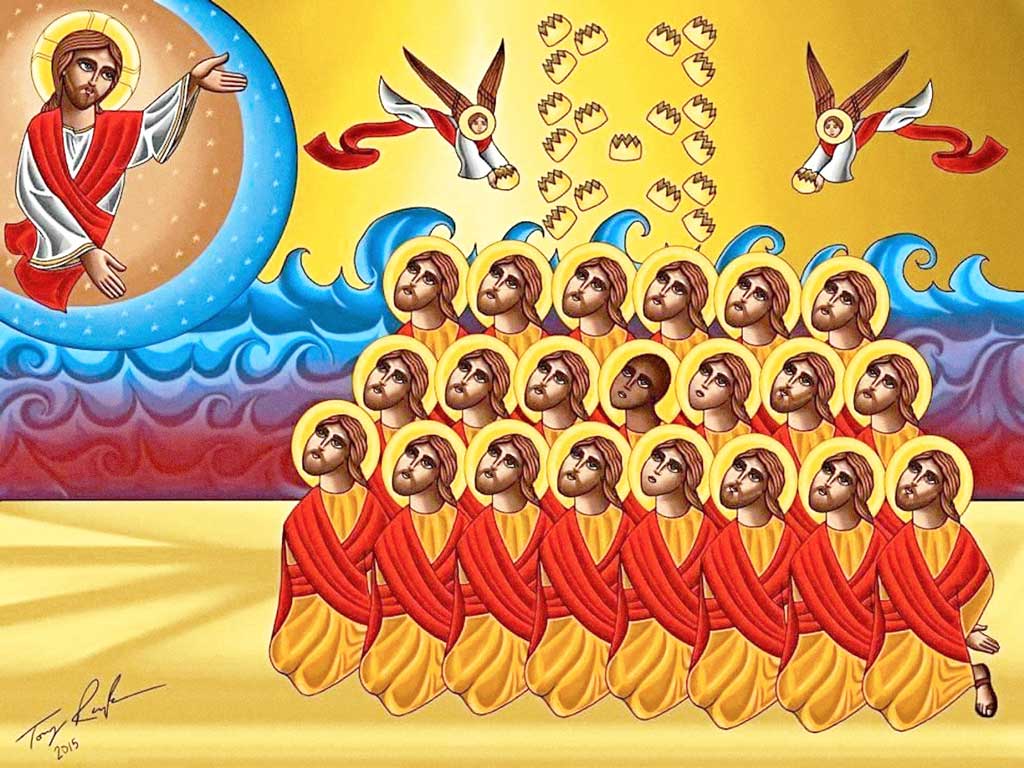
The New Martyrs of Libya added to the Coptic Synaxarium.
His Holiness Pope Tawadros II announced the inclusion of the 21 Coptic New Martyrs of Libya in the Synaxarium of the Coptic Orthodox Church today. Every year, they will be commemorated on 8 Amshir in the Coptic calendar, which corresponds to 15 February in the Gregorian calendar, the same day as the Feast of the Presentation of our Lord in the Temple.
Axios, Axios, Axios!
This beautiful icon, which is also featured on the front page, was drawn by Tony Rezk. May the Lord reward his talents.
[Article link: http://lacopts.org/story/the-new-martyrs-of-libya-added-to-the-coptic-synaxarium/]
On the 23rd day of Abib is the commemoration of the mart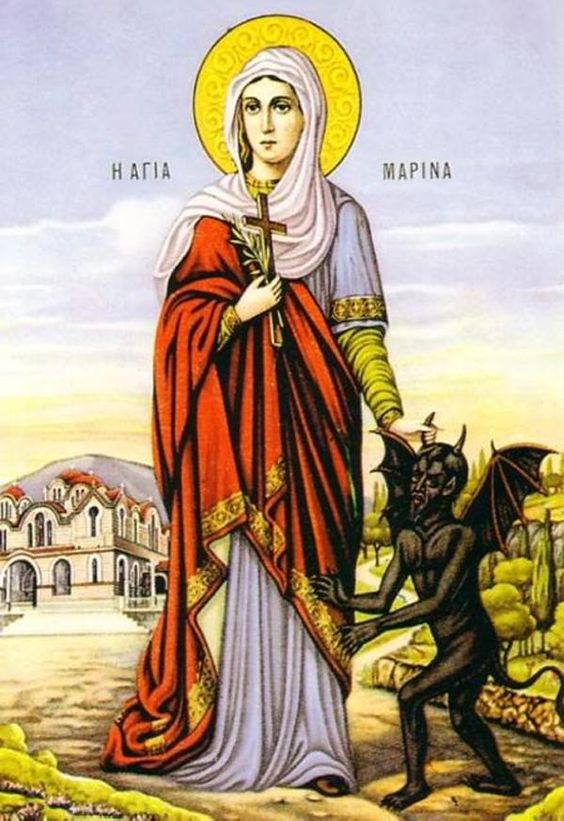 yrdom of the blessed St. Marina, who overcame the Devil. She was one of the daughters of the nobles of Antioch. Her parents were pagan. When her mother died, her father sent her to a nanny to raise her, who was a Christian. She taught Marina the Faith of Christ. When Marina reached the age of fifteen years, her father died.
yrdom of the blessed St. Marina, who overcame the Devil. She was one of the daughters of the nobles of Antioch. Her parents were pagan. When her mother died, her father sent her to a nanny to raise her, who was a Christian. She taught Marina the Faith of Christ. When Marina reached the age of fifteen years, her father died.
One day she heard her nurse talking about the biography of the martyrs and what glory they receive in the Kingdom of Heaven. She longed to become a martyr in the Name of the Lord Christ. One day St. Marina went out of her house with her maiden servants, and on her way she passed by Lopharius Ebrotus, the governor, who admired her much when he saw her. He ordered her brought to him. When the soldiers came to her, she told them that she was Christian. In turn, when they told the governor this, he was distressed for he liked her, and he had her brought to him by force. He offered her the worship of the idols and asked her to forsake God, but she refused.
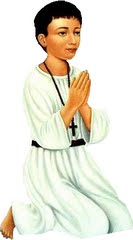 On the 24th of Abib, St. Abanoub was martyred. He was born in the city of Nehisa (District of Talkha). His parents were pure and merciful and they reared him in the fear of God. When he was martyred by the Roman rule, Diocletian, who incited the persecution against the Christian, St. Abanoub was twelve years old, and he desired to shed his blood for the Name of Christ. On July 31 our Church celebrates his death, as the day of his birth into eternal life. Abanoub's relics, as well as the relics of many Christians who died with him, are still preserved in St. Virgin Mary and St. Abanoub church in Samanoud.
On the 24th of Abib, St. Abanoub was martyred. He was born in the city of Nehisa (District of Talkha). His parents were pure and merciful and they reared him in the fear of God. When he was martyred by the Roman rule, Diocletian, who incited the persecution against the Christian, St. Abanoub was twelve years old, and he desired to shed his blood for the Name of Christ. On July 31 our Church celebrates his death, as the day of his birth into eternal life. Abanoub's relics, as well as the relics of many Christians who died with him, are still preserved in St. Virgin Mary and St. Abanoub church in Samanoud.
It is also said that the Holy Family visited that place during their Flight into Egypt. The church still contains the well from which The Lord Jesus, St. Mary, and St. Joseph drank. Numerous apparitions and miracles do occur in that church until this very day. Abanoub was born in a town called Nehisa in the Nile Delta. He was the only son of good Christian parents who died when he was a young child. At age twelve Abanoub entered the church to hear the priest asking the congregation to remain faithful during the persecutions provoked by Diocletian, the Roman emperor.



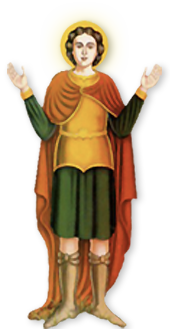





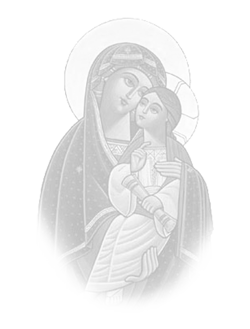




 Subscribe to RSS Feed
Subscribe to RSS Feed